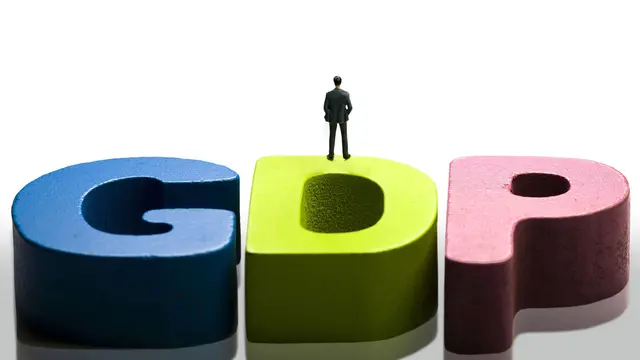The Russian curler Alexander Krushnelnitsky has been formally charged with a doping offence by the Court of Arbitration for Sport after testing positive for the banned substance meldonium. He is now likely to be stripped of his mixed curling bronze medal, won with his wife Anastasia Bryzgalova last week, and there are also growing questions about the International Olympic Committee’s decision to allow 168 Russians to compete here under a neutral flag despite the country’s massive state-sponsored doping programme in Sochi.
But as Krushelnitsky was leaving the Winter Olympics on Monday morning his Olympic Athletes of Russia team-mates were insisting that he was innocent. “We were all shocked when we found out,” said Viktoria Moiseeva. “Of course we very much hope it was some kind of mistake. With us it’s not faster, higher, stronger; it’s about being more accurate. I can’t imagine what kind of drugs you could use in curling ... so it’s very hard to believe.”
Russian curling federation president Dmitry Svishchev said Russian curlers had been tested on 22 January before flying out to South Korea and the tests were negative. “I have known these guys for many years,” he said. “Only a crazy person takes banned substances before a competition, before the Olympics. It’s a strange story. It raises a lot of questions.”
Krushelnitsky has told Russian officials he fears a team-mate who was not selected for the Winter Olympics spiked his drink with meldonium at a training camp before he travelled to South Korea. The drug, which was banned in 2016, led to Russian tennis player and former world No 1 Maria Sharapova being barred from competition for 15 months.
In December the Russian Olympic Committee was banned from the Winter Olympics and ordered to pay $15m in costs in after making what the IOC called an “unprecedented attack on the integrity of the Olympic Games and sport” following a massive state-sponsored doping programme that corrupted the Sochi Winter Olympics in 2014.
Russian athletes were only allowed to compete in Pyeongchang under a neutral flag providing they were cleared by an anti-doping panel. However the IOC had left open the possibility that they would be able to march under their own flag at Sunday’s closing ceremony. That now looks an increasingly slim prospect. The IOC said it would make its decision at an executive board meeting on Saturday.
“I hope it’s not true ... for the sport of curling,” said Norwegian team skipper Thomas Ulsrud. “If it’s true I feel really sad for the Norwegian team who worked really hard and ended up in fourth place and just left for Norway and they aren’t even here.”
However the Danish skip Madeleine Dupont appeared unconvinced that performance enhancing drugs would help in a sport such as doping. “I think most people will laugh,” she said. “And say ‘what do you possibly need doping for?’”
The Court of Arbitration Anti-Doping Division confirmed Krushelnitsky’s case had been passed to them in a statement. “Further to a request from the International Olympic Committee (IOC), the Cas ADD has initiated a procedure involving the athlete Aleksandr Krushelnitckii (mixed curling; OAR),” it said. “No hearing date has been fixed yet and no further information will be provided at this point.”
(GUARDIAN)
 简体中文
简体中文



